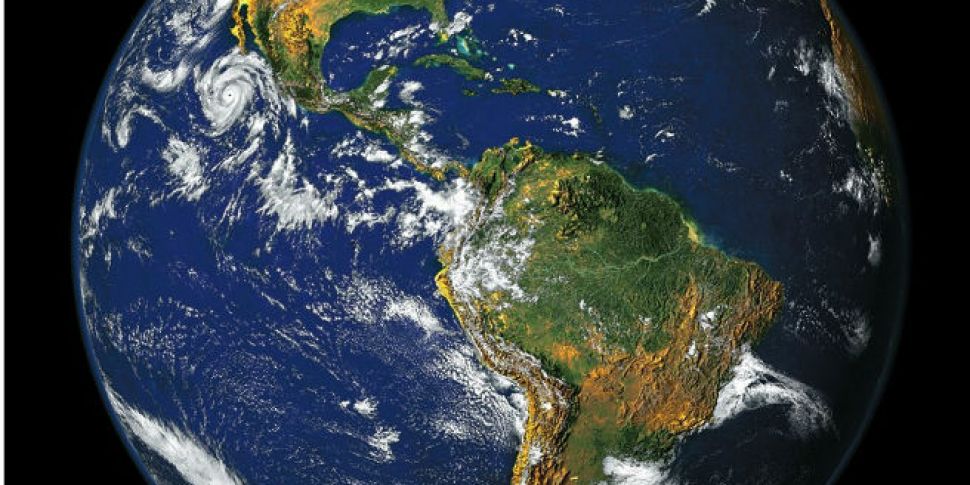Few viewpoints are as contentious as ‘geoengineering’ - sometimes called ‘planet hacking’. As reported by The Guardian and The Telegraph, Russia is expected to push for support of the controversial concept at next week’s UN-backed Intergovernmental Panel on Climate Change.
The idea is likely to be met with fierce resistance, and not just because of the technology itself: there are no shortage of international conflicts of interest when it comes to climate change. Matt Watson of the University of Bristol told The Guardian “In general ought the IPCC to be thinking about geoengineering? Yes. But do I want to see unilateralism or regionalism affect the debate? Certainly not”.
What exactly is geoengineering or climate engineering? At a basic level, it refers to methods of artificially ‘controlling’ or altering Earth’s climate - on a large scale, it would be aimed at helping reduce global temperatures. Some common practices could technically be called geoengineering - the likes of tree planting to offset the effects of deforestation would be one example. However, future methods could be much more radical.
Solar radiation management, for example, aims to ‘reflect’ more sunlight away from Earth. There are some simple and practical ways to achieve this, such as using paler coloured building materials to reflect sunlight away from the ground. On a larger scale, it could involve using aerosol chemicals to increase to the reflectivity of the stratosphere itself, or developing space-based mirrors to further control the sunlight reaching Earth.
Another method already being trialled is iron fertilisation of sea water. Here, iron is added to water areas in order to encourage biological, particularly plant, activity. One of the theoretical results is a decrease in the amount of CO2 in the atmosphere as a result of the increased photosynthesis.
Side effects?
Geoengineering has become the subject of major debate: no surprise in a world where even the basic concept of climate change is hotly contested.
Most proponents of geoengineering suggest that these processes should be used in conjunction with climate change mitigation (e.g. reducing greenhouse gases and pollution) and adaptation (society adapting to the new living conditions global warming could possibly cause). Critics of climate engineering raise many concerns, though. Some fear that it could prove a lazy way out for governments and a way for them to side-step international agreements for decreasing emissions: an expensive and challenging process for many nations.
The wider side effects of these processes are also potentially significant and, crucially, untested. Some methods of solar radiation management, for example, could have the knock-on effect of decreasing global rainfall, causing many new problems. Naturally, there are also financial and ethical concerns, while many governments have already set up strict regulations in relation to climate engineering research.
Simple examples such as new trees being planted to help confront rising CO2 levels is one example of how humans are already attempting to control the environment at some level. Whatever happens at next week’s UN conference, it’s very likely we’ll see more and more forms of geoengineering introduced in years to come. How willingly they’ll be accepted and ultimately applied, however, remains to be seen.
For more on the latest scientific developments, check out Futureproof on Newstalk, every Saturday at 9 AM.









